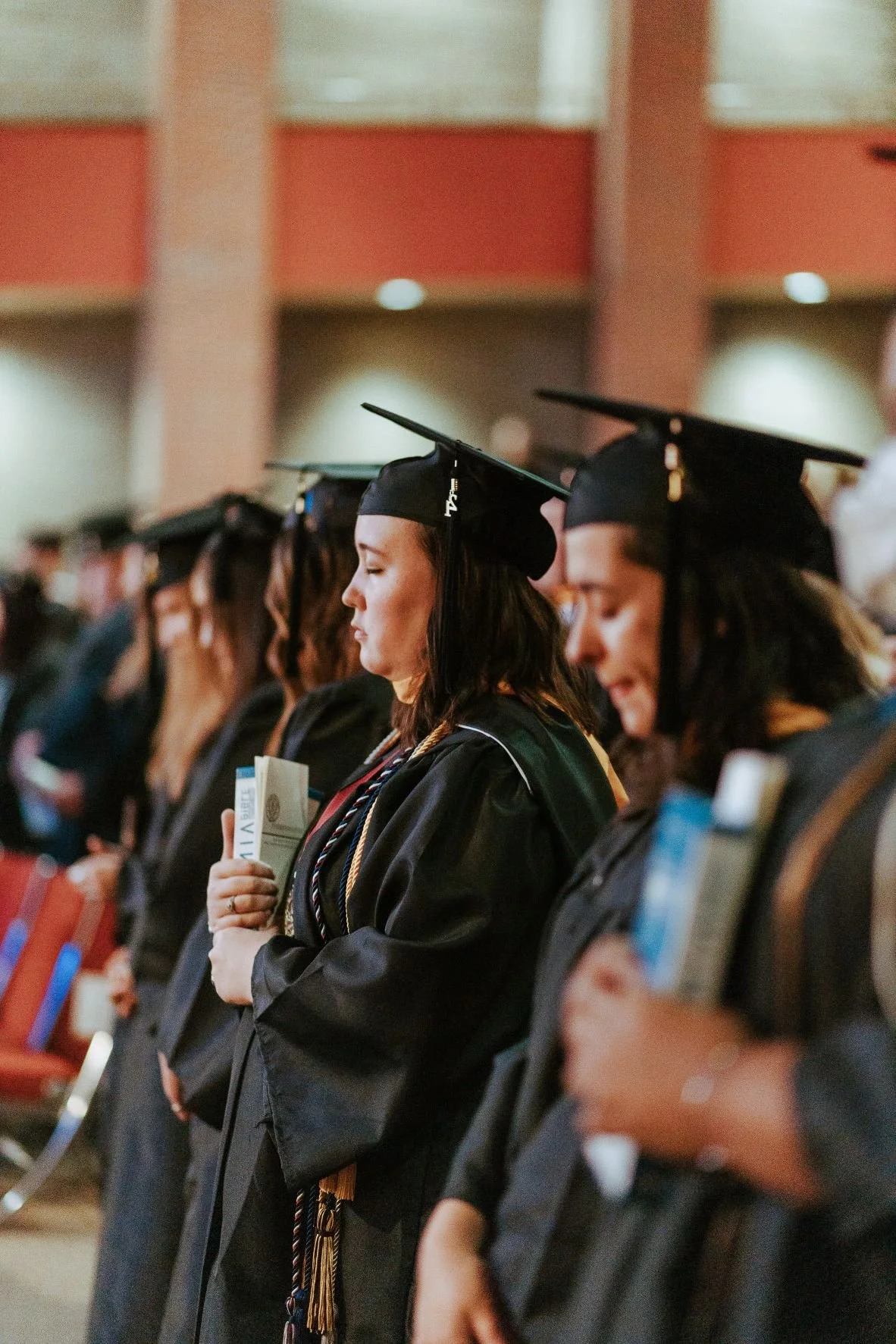The basic college food diet — and how it can easily and affordably be improved
Figuring out how to balance healthy eating with cost-effective food can be a challenge for many college students.
Options such as pizza, fast food and specifically ramen noodles have always been an easy choice simply because they are cheap, fast and taste good — but at what cost?
The primary ingredient in many of these foods is carbohydrates. These are simple carbohydrates, and according to Medline Plus, are broken down quickly by the body to be used as energy. This can create the feeling of temporary fullness regardless of what the body is ingesting. They lack vitamins, minerals and fiber — essential nutrients for the body.
At this point, the body is simply running on nothing as these foods provide very minimal sustenance to function on and result in feeling sluggish and drained.
But if this is the only thing that college students can financially afford, how can we, as students, combat this?
Well, the answer is simple: proper budgeting and finding what foods work best for your body.
After three years in college, I find myself struggling with time and a constraint strain on finances. I work two jobs ranging from 20-25 hours a week along with a 12-hour academic week, so I am very familiar with attempting to purchase financially-friendly meals.
Here are some tips I have learned by experience and advice that has been given to me over the years.
Affordable grocery stores
Getting groceries from Aldi has been one of the most beneficial changes I have made to my life. Not only are their goods affordable, but they have many organic food products with very few preservatives. They are also environmentally friendly and utilize reusable or paper grocery bags.
The Aldi in Cleveland is located at 305 Paul Huff Parkway.
The Lee University Food Bank also offers free food to current students. The food bank operates with donations from stores such as Walmart, Aldi and Food City. Located in the Leonard Center, the food bank is open Monday through Friday from 3 - 4:30 p.m. For more info, contact the Leonard Center at (423) 614-8614.
Adding vegetables into the mix
Realizing what foods make your body feel good and energized is vital. Incorporating different vegetables into my favorite meals has definitely been the most helpful in getting vitamins in a quick and subtle way.
For example, spaghetti is an easy, student-friendly meal. In addition to a basic spaghetti recipe, I would add onions, garlic and spinach to the meal, which easily adds in some essential vitamins and nutrients for overall health.
Meal prep
With very little free time due to classes, extracurriculars and work, it can be difficult to find time to prepare food for the week. However, it can be much easier to accomplish than many may think.
Recently, I have gotten in the habit of using my free evenings to cook myself a large dinner with plenty of protein and veggies. Once I’m done, I pack it up in Tupperware and heat it up for lunch or dinner the next day.
Eating a good breakfast
Everyone needs to eat a good breakfast.
I find myself to consistently waking up late in the morning, grabbing a coffee for breakfast, and running to class. I have recently learned not having a decent meal in the morning leads to a lack of energy, drowsiness and even a little anxiety throughout the day.
A way to combat this is waking up just a little bit earlier and preparing a meal before beginning the day, but let’s be real — no one actually does that.
Instead, to give yourself enough time to sleep, try microwavable oatmeal. A microwave protein oatmeal is an easy meal to take on the way to class and takes very little time to prepare. If you have a blender, throw in some fruits and proteins such as peanut butter and other nuts. These are protein-based foods and will give you some fuel throughout your day.
Overall, being a college student can be very hard — in more ways than one. It is important to learn how to treat our bodies well and develop sustainable and healthy eating habits.



